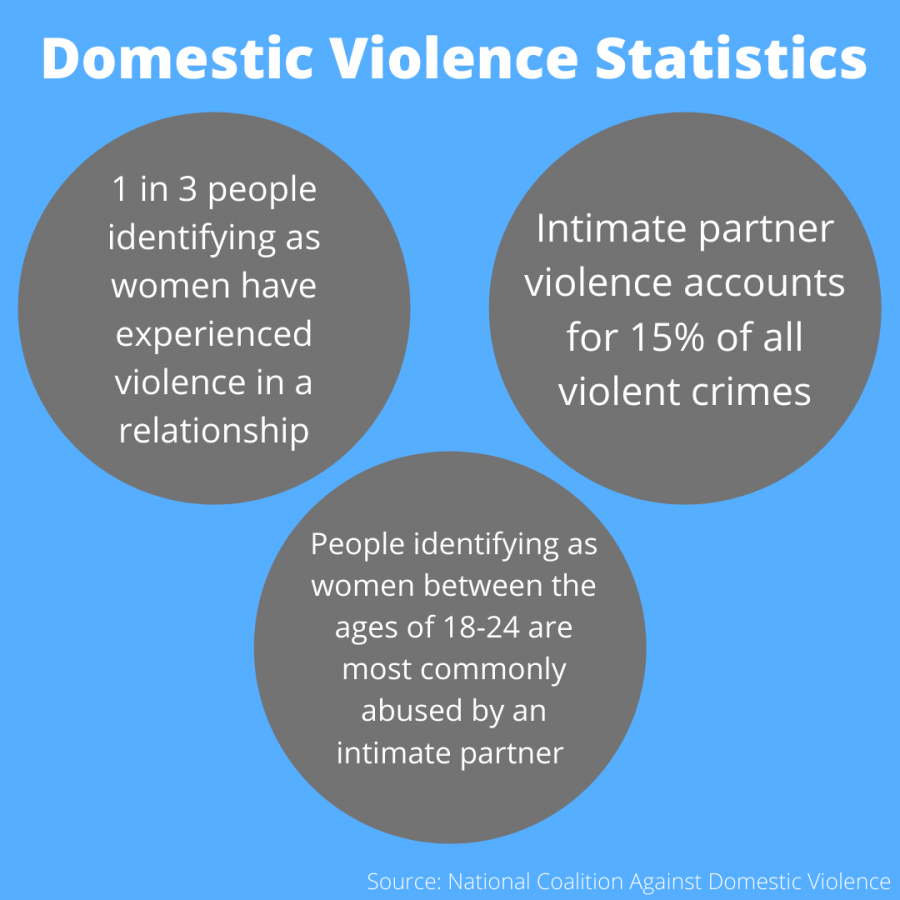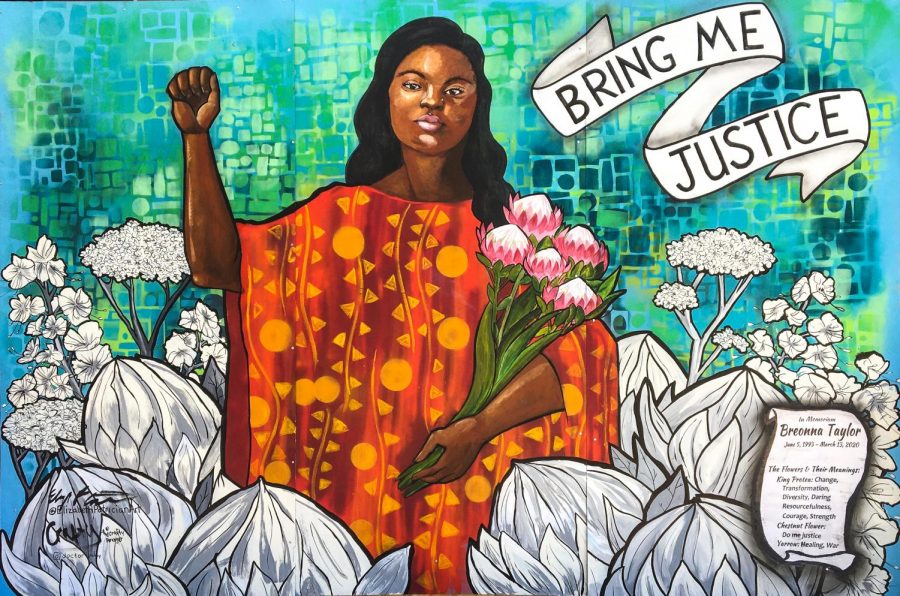Police officers need to improve how they handle domestic violence situations. Whether departments increase training directly or implement social workers on crisis calls, they need to make a change. The need for this is most evident in the recent Gabby Petito murder case.
There has been extensive investigation into the Petito case since she was reported missing Sept. 11. What we know now is that Petito is not missing. Investigators uncovered remains matching the description of Petito near a campground in Grand Teton National Park and later confirmed that they were Petito’s and the cause of death was ruled a homicide Sept. 21. Now the search is on to uncover the location of her boyfriend Brian Laundrie, who was likely the last person to see Petito alive and has been named a person of interest. Although this search is at the forefront of the case, there is a large underlying issue. Footage was released Aug. 12 of a police confrontation after officers pulled Petito and Laundrie over in the white van they had been traveling in. A call came in from a witness who described a domestic dispute between the couple, noting that Laundrie was “slapping” Petito during the confrontation.
It was evident in the bodycam footage from this incident that Petito was distraught and officers encouraged her to “step back and breathe.” One female cop even talked to Petito about removing herself from a toxic relationship. According to the couples’ account, the fight had risen from stress over the website Petito was trying to build documenting their travels and due to Petito’s OCD which was triggered by Laundrie tracking dirt into the van. The couple also admitted that on both ends the fight had become physical.
Officers decided to separate the couple for the night, but rather than handling this as a domestic violence incident, they cited it as being more of a mental “break.”
Petito was not suffering from a mental break or experiencing normal anxiety in the bodycam footage — she was constantly crying, terrified and in pain. Although the cops seemed to be extremely empathetic and respectful, they missed a lot of red flags that could potentially have saved Petito. Petito desperately climbed through the window of her own van because she was afraid Laundrie would drive off without her on the day of the domestic dispute. This is alarming because a genuine fear your partner would not only steal your car but also abandon you is a serious sign of abuse.
Another warning sign should have been how quick Petito was to blame herself even in her distraught state. Petito apologized to officers for her part in the fight and made several mentions of her struggles with mental illness in connection to it. Meanwhile, Laundrie seemed calm and unphased while also calling Petito “crazy” to police officers.
Domestic abuse is an issue far and wide. According to the National Coalition Against Domestic Violence, one in three people identifying as women have experienced domestic violence in a relationship. People identifying as women between the ages of 18-24 are most often abused by an intimate partner; Petito was 22 years old.
Unfortunately, domestic abuse is not an issue unfamiliar to Milwaukee. In 2020, there were 52 people killed in domestic homicides in Wisconsin. Not only that, but the Milwaukee Police Department saw an 8% increase in reported domestic violence from Jan. 1 to April 1 in comparison to the same timeframe in 2020. The increase could be due to lockdowns and COVID-19 which kept people together stuck in the same spaces for long periods of time.
Although police are trained in handling domestic dispute issues, more must be done. The basic guidelines for police officers state by state include treating domestic violence calls as high priority, collecting statements and keeping the person experiencing abuse and abuser separated. Although these are all important steps, sometimes more intervention is necessary. Only 42% of agencies across the U.S. require officers to conduct a “risk assessment” in which they determine if the level of danger in the situation should lead to encouraging a safety plan to the person experiencing domestic abuse. This kind of assessment should be a minimum expectation and required in any domestic violence situation.
If police training cannot be increased, maybe social workers should be involved on the scene. Instead of criminalizing mental health breaks or mishandling instances of domestic violence, these situations could be handed off to people with more relevant training and experience. During this year, Wisconsin Police Departments have seen an increase in social workers being added to respond to crisis calls involving mental health, domestic disputes and homelessness.
Marquette University Police Department should also consider working with social workers to respond to domestic violence crises on campus.
Police cannot always be prepared for the situations they will face, especially in the event of a domestic dispute. However, their preparedness for this kind of incident and the training they have to handle it needs to be more extensive. Police officers should go through mandatory training of recognizing the signs of ongoing abuse beyond physical scars.
If a person experiencing abuse seems distraught or could be withholding information out of fear, they should be connected to further help from a psychologist or domestic abuse expert and the abuser should be detained. Petito could still be alive if officers would have recognized the signs.
This story was written by Grace Cady. She can be reached at [email protected]












